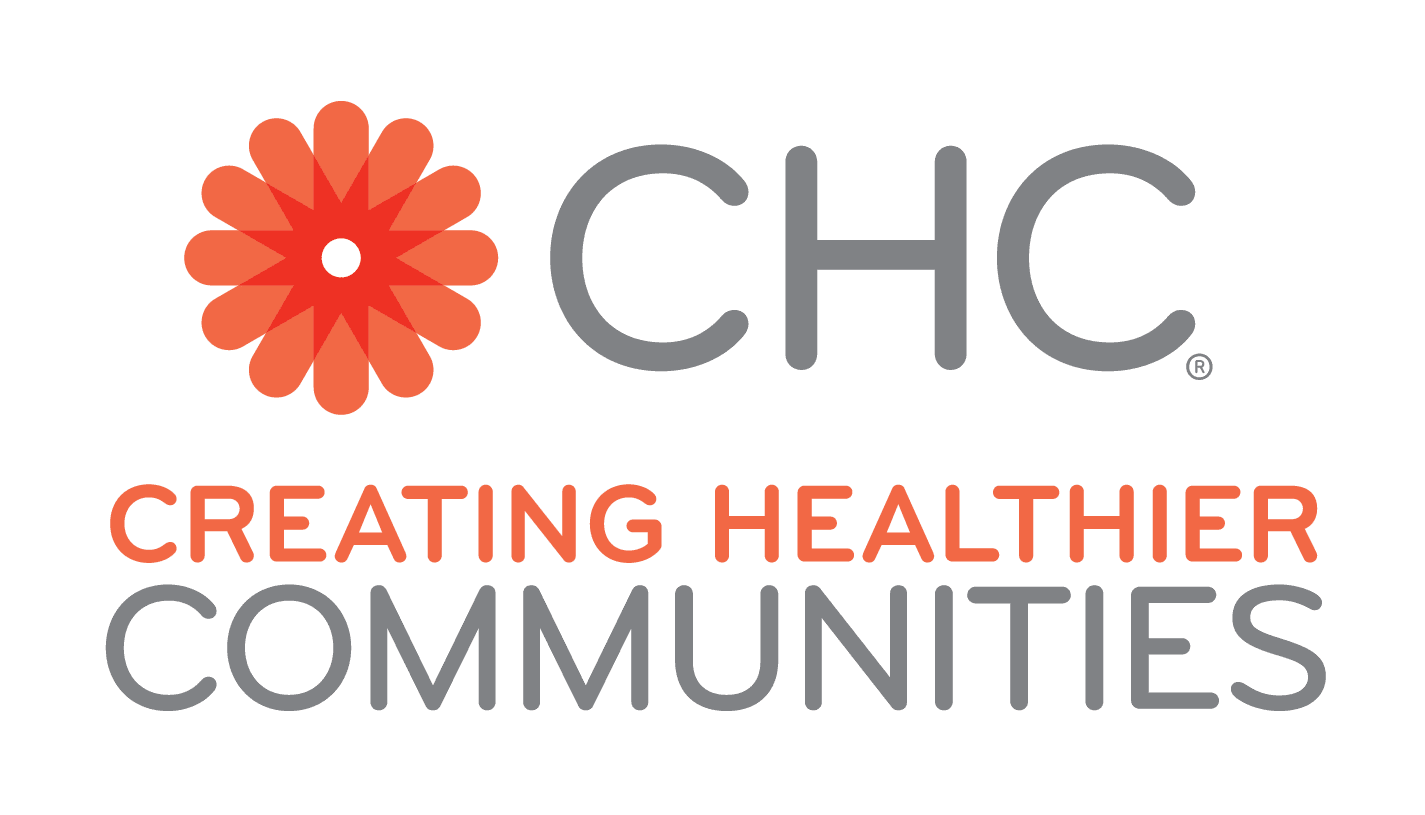
CHC Partnership
Equitable Cancer Outcomes
CHC and Merck partner to advance more equitable health outcomes in breast and cervical cancer care in Black, Hispanic, and other underserved populations.
Among Black women, breast cancer is the leading cause of death, while Hispanic/Latina women experience the highest cervical cancer incidence rates of any racial/ethnic group in the U.S. Disparities in breast cancer outcomes have persisted for decades, and cannot be explained by incidence of more aggressive types of cancer. Through this partnership, women and girls in the Black, Hispanic and other underserved populations will benefit from a comprehensive, community-driven service approach to address complex social and economic factors, known as social determinants of health.
CHC's focus is health equity, addressing underlying issues and removing barriers so everyone can thrive. Our work is driven by community need, and we direct programs, resources and support where they have the greatest impact.

“We’re working together to address disparities by identifying and targeting barriers to early and routine breast and cervical cancer screenings—a proven intervention that can save lives. Merck and CHC share a joint goal to increase trust, access and availability of screening services, improve rates of early detection and diagnosis, and connect people with community-based support services.”

-Valerie Rochester, chief health equity officer at CHC

Cancer Care Inequities
Although incidence of many types of cancer is lower among Black and Hispanic women, outcomes are less favorable. Other concerning trends in cancer care and incidence call for action.
- Advanced-stage cervical cancer is on the rise.
- Black and Hispanic women are still more likely to die from breast cancer than White women across the US, even though Black and Hispanic women have lower breast cancer incidence rates.
- Georgia falls behind other US states in HPV vaccination coverage and up-to-date pap and HPV testing.
- Black women in the US are 40% more likely to die from breast cancer than White women.
Our collaboration with Merck aims to advance health equity and improve health outcomes for people at risk for breast and cervical cancers in underserved communities by creating a scalable model for prevention and support in Atlanta, Georgia.

